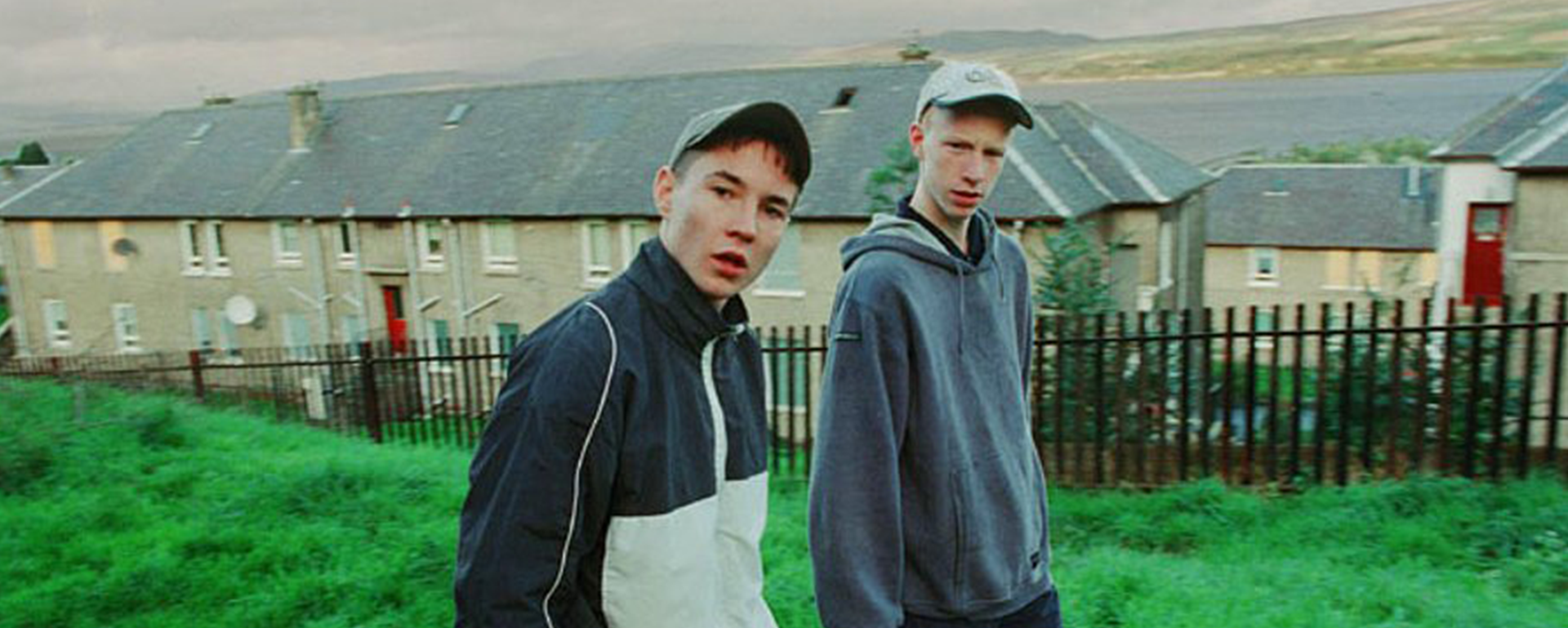
Sweet Sixteen
The film Sweet Sixteen deals with the life of teenager Liam (Martin Compston), growing up in the tough estates of Greenock, Scotland. This gritty, realistic portrayal of contemporary working class life by the acclaimed British director Ken Loach gained much critical acclaim; nominated for the prestigious Palme d’or and winning best screenplay award at the Cannes film festival. The film was submitted to the BBFC for classification in June 2002 and was released in the UK in October of the same year.
The film deals with poverty, violence, drug dealing and teenage crime. However, the key classification issue for the BBFC was strong language - the film’s screenplay containing the harsh colloquialisms of Greenock’s roughest estates.
Under current BBFC Guidelines, multiple uses of the word ‘f**k’ usually only warrant a 15 certificate, but even a single aggressive use of the word ‘c**t’ can lead to an 18 certificate. In the case of Sweet Sixteen, the examiners who classified the film felt that the sustained level of strong language – especially the multiple aggressive uses of ‘c**t’ – placed the work more suitably within the 18 category.
For the BBFC this defining issue was supported by the public consultation the BBFC conducted in 1999. This showed very clearly that strong language within films was still very much an issue with many members of the general public, with approximately 70% feeling that at 15 the strongest language (e.g. ‘c**t’ and ‘motherf***er’) should be limited.
This was confirmed in the public consultation carried out in 2004 and is reflected in the published Guidelines that state that 'There may be frequent use of strong language (for example, 'fuck'). The strongest terms (for example, 'cunt') may be acceptable if justified by the context. Aggressive or repeated use of the strongest language is unlikely to be acceptable'.
The decision to pass Sweet Sixteen at 18 turned out to be a controversial one, with attacks made against the BBFC by the film’s director Ken Loach, who felt that passing the film at such a high category would prevent the people who could most closely identify with the characters in the film, from going to see it, and that such language was much more commonly used, and therefore less offensive, in the part of Scotland where the film was set. Loach accused the BBFC of having a ‘London-centric’ view of the world and that 'The problem is that the censors live in their own little ivory tower and are playing to their own middle class gallery'. He also told the Daily Telegraph that he encouraged teenagers to break the law to see his new film, adding, 'I wonder what message the BBFC sends to the people in the film by telling them they are fit only to be rated with the work of pornographers'.
The BBFC remained resolute on their decision, which resulted in two complaints and the local authority that covers the area where the film was shot, Inverclyde, utilising their cinema licensing powers to overrule the decision, and awarding the film a 15-certificate for screenings in their area.
The publicity surrounding the film (mostly generated by the disgruntled film-maker), did prompt the then Director of the BBFC, Robin Duval, to say in 2004 that 'The issue of bad language never goes away. For every person who says that you hear worse in the playground there is another who expects the strongest expressions to be reserved to the highest ratings. There are also regional variations in the offensiveness of particular words. We will be interested to see whether people generally have become more relaxed about bad language, or whether films like Billy Elliot or Sweet Sixteen still need to be rated more highly just because of the strong language'.
However, the 2005 public research into the BBFC Guidelines painted a similar picture to the previous research with regards to strong language, with 51% feeling that the current language Guidelines were ‘about right’ (a 2% increase from the previous research).